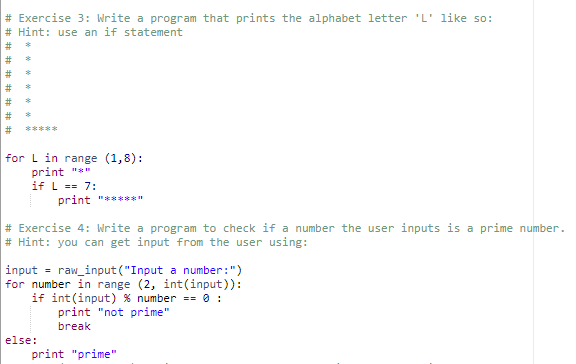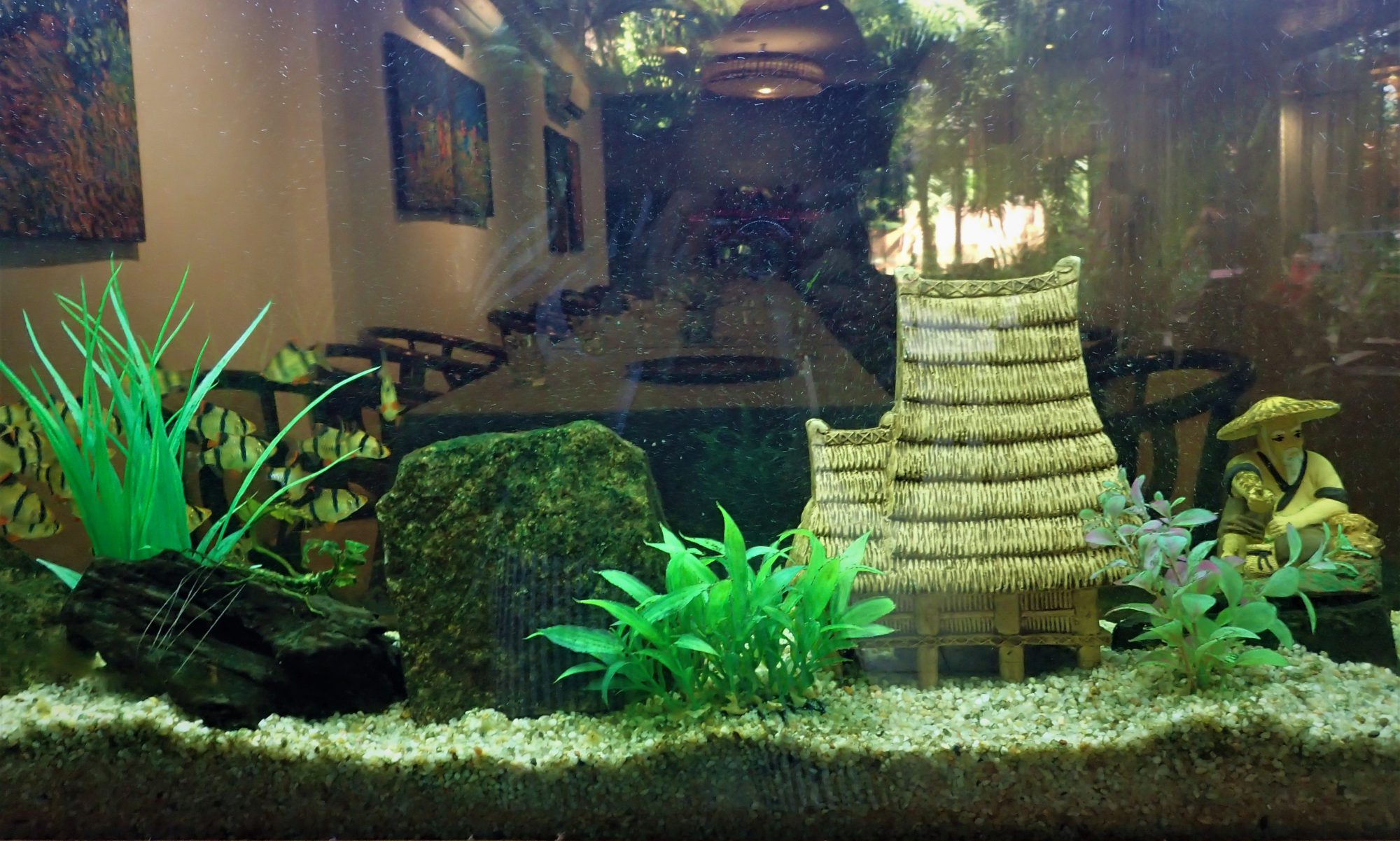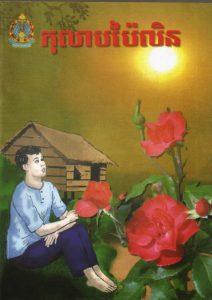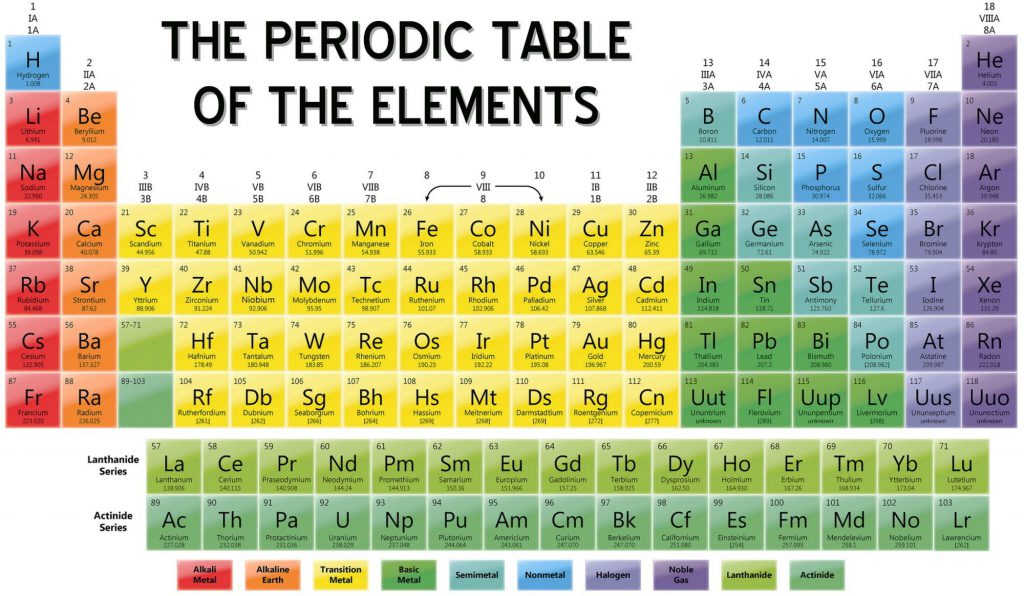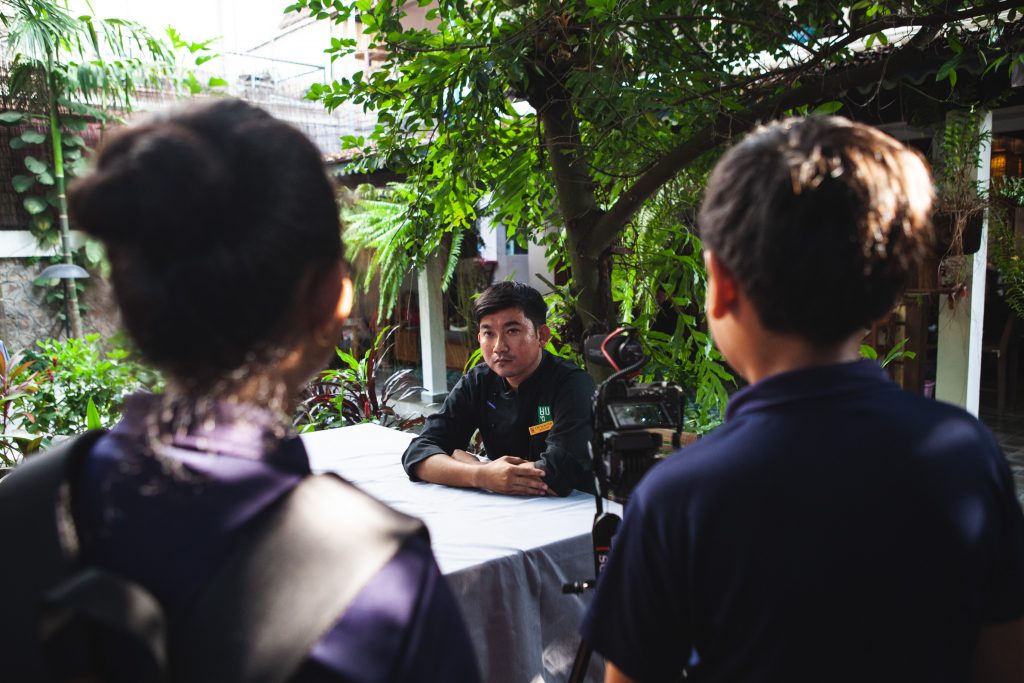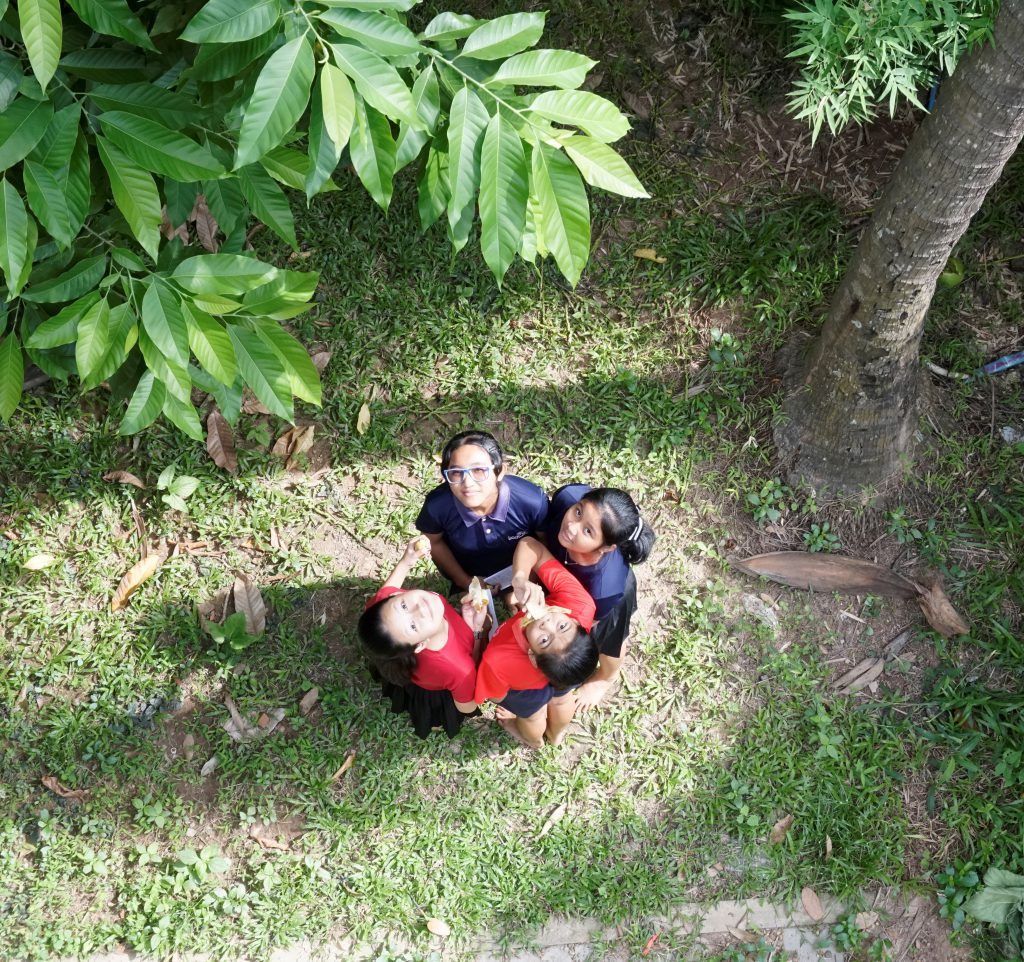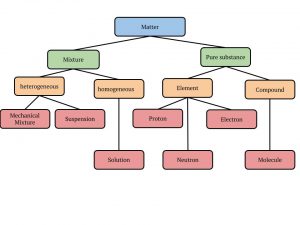Everything in the world is not perfect. Let’s consider plastic as an example. It has different advantages at the same time it also has disadvantages. Plastic is use to help us with our daily life. It makes our life better and easier. For example, our laptop is made from plastic, but without it, it would take time to do research, to complete assignments, and there would not be connections between people who are far away. Single-use plastics are also made to help you in your daily life. You don’t have to bring big boxes or containers that take up a lot of space with you everywhere. You can just take plastic from any stores that they provide you and then throw it away after you use it. See, easy right? Even though single-use plastics are convenient products to use, we as change agents and humans who should care about the earth, we have to reduce the use of single-use plastics because they are not derived from renewable resources, they harm our environment and especially harm our health.
According to the United Nations environment, single-use plastics are defined as a disposable plastic that we use only once before thrown away or recycled and mostly refer to food packaging. A lot of times, single-use plastics are derived from the hydrocarbons in non-renewable resources such as gas and crude oil. The UN environment says, “If the growth in plastic production continues at the current rate, by 2050 the plastic industry may account for 20% of the world’s total oil consumption.” This means that society has to be careful with the use of single-use plastic also because this can help reduce the oil consumption in the plastic industry. Oil is formed from source of rock that is buried in the depth of Earth and needs a long time to reform. Before oil is turned into gasoline or other material to use there is a complicated process after it drills from the ocean (Oil and gas, Youtube.com, March 6, 2014). Imagine one day if the world is very lack of oil by just using plastics, What will it look like? How can all the vehicles get running without some products like gasoline, diesel fuel, liquified petroleum gas and etc. because all of those products are made from oil?
In addition, plastic industries in this whole world produce more than 400 million tons of plastic every year which almost 50% of plastic waste is food packaging (UN environment). After those single-use plastics are thrown away, they are being recycled, incinerated, end up landfills, dumps and some of them just settle in our surrounding. According to UN environment again, only 9% of those plastics are being recycled either to effectively recycled, lower in value applications and lost in process and 79 % of them end up in landfills, dumpsite and litter in the environment. At the coastal clean up, the most common type of plastic that can find is single-use plastics such as plastic bags, plastic bottles, plastic wrappers and even styrofoam. They are very light and flexible that they can be blown by the wind to anywhere when they just settle in the environment. There are so many experts in the UN that study the impact of plastics on the environment. The UN environment mentions, “Did you know that in South Africa, there are so many plastic bags littering in the environment that many joke that plastic bags are “the new national flower.” Does it look good to have plastics to replace flower? It would be nice if they recycled to be something useful or we reduce and reuse it. Another thing when plastics litter in the environment and get in our water sources, they kill many animals. An article titled, “Releasing Balloons at Celebrations Is Harming Some Marine Creatures” in Newsela, balloons are one of the main factors that harm animals. People usually release balloons at any big celebrations like graduation day and they release thousands of them in just a day. After balloons are released, they will explode and drop somewhere in our ocean. Its string plays the role as the net that catch the fish and the balloon itself acts as jellyfish that some animals confuse to eat them (Newsela staff). When eating the plastics, animals result in malnutrition and intentional blockage which lead them to die easily (Grrlscientist). We jeopardize animals’ lives and harm the environment; all this is so that we feel better and want our lives to be easier. Do you think this is okay? Fair?
Single-use plastics not only harm the environment, but they also harm human health too. There is a chemical called Bisphenol-A (BPA) that mostly adds to commercial products, food containers and hygiene products and it is usually mixed with other chemical compounds to make strong and resilient plastic. BPA gets into our bodies through our diets because this chemical will leak into the food (Healthline) or by the touch of the fingers and mouth (Nordqvist, Medical News Today). When this chemical gets into our body, of course it will do something. Nordqvist, a writer in Medical News Today wrote, “BPA is an endocrine disruptor. It can imitate the body’s hormones, and it can interfere with the production, secretion, transport, action, function, and elimination of natural hormones” (Nordqvist, Medical News Today). As a result, this can lead to many diseases. BPA can lead to reproductive disorder, heart disease, diabetes, fetal brain development, asthma and breast and prostate cancer (Nordqvist, Medical News Today). Thus making us have shorter lives.
Single-use plastics are just part of plastic, but they have massive impacts on natural resources, the environment which is our surrounding, and they even affect each individual person. So, please start caring about this issue before it gets even bigger by just helping to reduce the use of single-use plastic in your daily life. You can use alternative products like stainless steel straw, lunch box, your own water bottle and your own reusable bags to replace those single-use plastics. However, if you don’t want to use those products, try not to use one separate bag for one item or you can reuse those plastics. If you only reduce one single-use plastic per day, that can also help because the longest journey starts from a single step.
Resource page:
- Newsela staff. “Releasing Balloons at Celebrations Is Harming Some Marine Creatures.”, Newsela, 24 Aug. 2018, https://newsela.com/read/balloons-rising-environmental-concern/id/45406/.
- GrrlScientist. “Five Ways That Plastics Harm The Environment (And One Way They May Help).” Forbes, Forbes Magazine, 24 Apr. 2018, www.forbes.com/sites/grrlscientist/2018/04/23/five-ways-that-plastics-harm-the-environment-and-one-way-they-may-help/#7f938b8b67a0.
- Healthline “What Is BPA and Why Is It Bad for You?” Healthline, Healthline Media, www.healthline.com/nutrition/what-is-bpa
- Nordqvist, Christian. “Bisphenol A: Hazards and Sources.” Medical News Today, MediLexicon International, 25 May 2017, www.medicalnewstoday.com/articles/221205.php
- UN environment “Single-used plastic/ A roadmap for sustainability” UN environment https://wedocs.unep.org/bitstream/handle/20.500.11822/25496/singleUsePlastic_sustainability.pdf
- Videos, Oil & Gas. “Learn Oil and Gas with Animations.” YouTube, YouTube, 6 Mar. 2014, www.youtube.com/watch?v=RtURL0FW3KI.
